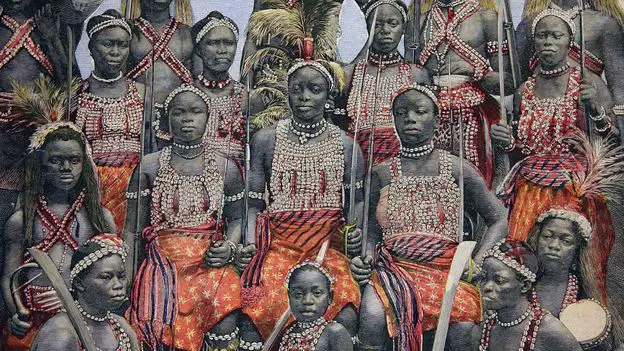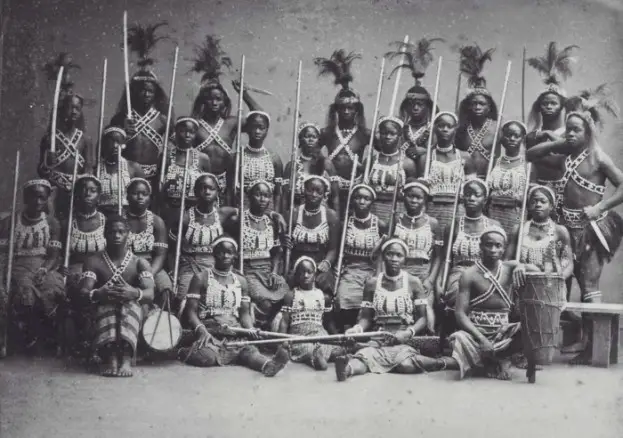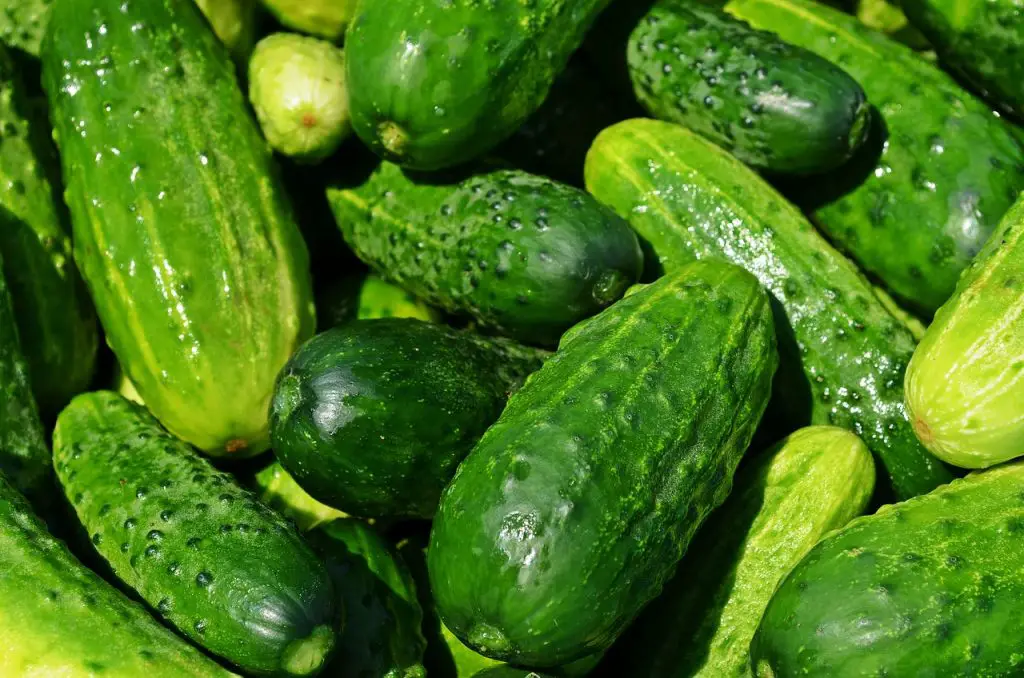 he Hollywood movie Woman King shone a bright light on the Agodjies an all-female military regiment of the ancient Kingdom of Dahomey. In this epic historical drama, African women take center stage in the most magnificent manner. The Kingdom of Dahomey flourished in the 1700s and 1800s in what is today Benin in West Africa. The emergence of an all-female military regiment was the result of Dahomey’s male population facing high casualties in the increasingly frequent violence and warfare with neighboring West African tribes. The group of female warriors called themselves Ahosi – King’s Wives but were referred to as Mino meaning Our mothers by the male army of Dahomey. The Western Europeans who encountered them called them Amazons, a reference to the female warriors in Greek Mythology.
he Hollywood movie Woman King shone a bright light on the Agodjies an all-female military regiment of the ancient Kingdom of Dahomey. In this epic historical drama, African women take center stage in the most magnificent manner. The Kingdom of Dahomey flourished in the 1700s and 1800s in what is today Benin in West Africa. The emergence of an all-female military regiment was the result of Dahomey’s male population facing high casualties in the increasingly frequent violence and warfare with neighboring West African tribes. The group of female warriors called themselves Ahosi – King’s Wives but were referred to as Mino meaning Our mothers by the male army of Dahomey. The Western Europeans who encountered them called them Amazons, a reference to the female warriors in Greek Mythology.
It is very telling to see through the various ways that people referred to them how multi-dimensional those female warriors were. To the male soldiers, they were their mothers and protectors; during battles, each male soldier had a Mino counterpart. Within the walls of the royal palace, they were the King’s wives. And to the Western Europeans, they were feisty Amazons.
How does one become an Agodjie?
At its height in the 1840s, the Kingdom of Dahomey (which was one of the richest kingdoms of Africa) boasted an army of 6,000 Agodjies.
There were several pathways that could lead women to become female warriors. By force as a prisoner of war, lack of a better alternative, or by choice. Losing a battle in those days had dire consequences, you could die, get hurt, or if you were lucky enough to survive the fight you could find yourself in the unfortunate position of being shipped to Europe as a slave. A soldier who somehow managed to not die, not get hurt, and not be made a slave would be forced to switch allegiance and become a soldier for the enemy he fought against just before his surrender. Fathers and husbands who did not appreciate having a non-obedient daughter or wife in their household would dump them at the door of the Royal Palace. If a woman couldn’t be subservient to the head of the household, her place should be within the palace walls training for war.

The Agodjies were rigorously trained in pain, endurance, and speed. The women’s army consisted of several regiments: huntresses, riflewomen, archers, and gunners. All of them were experts in the art of hand-to-hand combat, with knives and machetes being their weapons of choice. Before battles, they would dress up and use chants and dances to fire themselves up. Their skills as combatants were admired and feared. European soldiers gave detailed accounts as to how they were impressed by the boldness of the Amazons and their incredible courage and audacity in combat. They were known to slash their enemies’ heads and bring those back to their King as trophies of war.
Being a female warrior offered women a huge amount of respect, prestige, and the opportunity to rise to positions of command and influence. They occupied a prominent role in the affairs of the palace and were sitting in the Grand Council debating the policy of the Kingdom.
The Agodjie – Female heroes or angels of death?
Were the Agodjie female heroes or angels of death? They were both. Agodjies had a certain amount of influence in the affairs of the Kingdom, but the hard reality is that they all swore allegiance to their King and were ultimately subservient to the King’s wishes.
The Kingdom of Dahomey first rose to power as a centralized and militarized Kingdom in West Africa in the 17th century. It wasn’t until the 18th century during the peak of the Atlantic slave trade, that the Kingdom expanded its might.
In 1727, Dahomey took control of the Port City of Ouidah. This would become its main base for trade with European powers and marked the start of its active participation in the slave trade. Dahomey soon became a key player in the trafficking of Africans, which proved to be one of the most profitable exports at the time. Armed with muskets they obtained from foreign nations through their export of slaves and other goods, Dahomey’s armies captured people from nearby kingdoms and villages to fuel their supply of slaves.
Historians estimate that nearly 1 million enslaved Africans were put on ships to the Americas in Ouidah between 1659 and 1863, making the port city the second largest supplier of African captives to the trade.
Under the leadership of King Ghezo and with the influence of some prominent Agodjie women part of the Grand Council, the Kingdom of Mahoney began to shift its focus to exporting palm oil, (which was used to make soap in Europe) instead of the slave trade. King Ghezo had to deal with significant domestic dissent, as well as pressure from the British Empire, to end the slave trade. The United Kingdom abolished slavery on 28 August 1833.
Despite what most people believe slavery should not be automatically associated with ethnicity. Slavery has existed since the beginning of times; the color of someone’s skin was not a key factor to determine whether that person could find himself in the unfortunate position of being a slave. The capturing, selling and buying of enslaved persons have existed throughout the world since ancient times, and trading in slaves has been equally universal. Enslaved persons were taken from the Slavs and Iranians from antiquity to the 19th century, The etymology of the word “slaves” finds its origin in the medieval Latin word “sclavus”, originally “Slavs”. Those who became slaves were chosen because of their vulnerability compared to another dominant group and not because of the color of their skin. Since the beginning of times, Europeans enslaved Europeans, Asians enslaved Asians, Arabs enslaved Arabs and Africans enslaved Africans.
As to the Agogjies, they were living in a period of time when things were tough. One day you were the hunter and the other day you could become the hunted, but one thing for sure is that the Agodjies epitomized women’s empowerment and through their bravery and formidable combat skills they became legends.

Author, Blogger & Storyteller with an urge to write about history, philosophy, and human nature. You can find out more about myself, my book “This Is Your Quest” and my blog at https://authorjoannereed.net/. I welcome the opportunity to engage directly with my readers so feel free to contact me should you feel the urge to do so at yourquest@authorjoannereed.net. A good story makes history!





